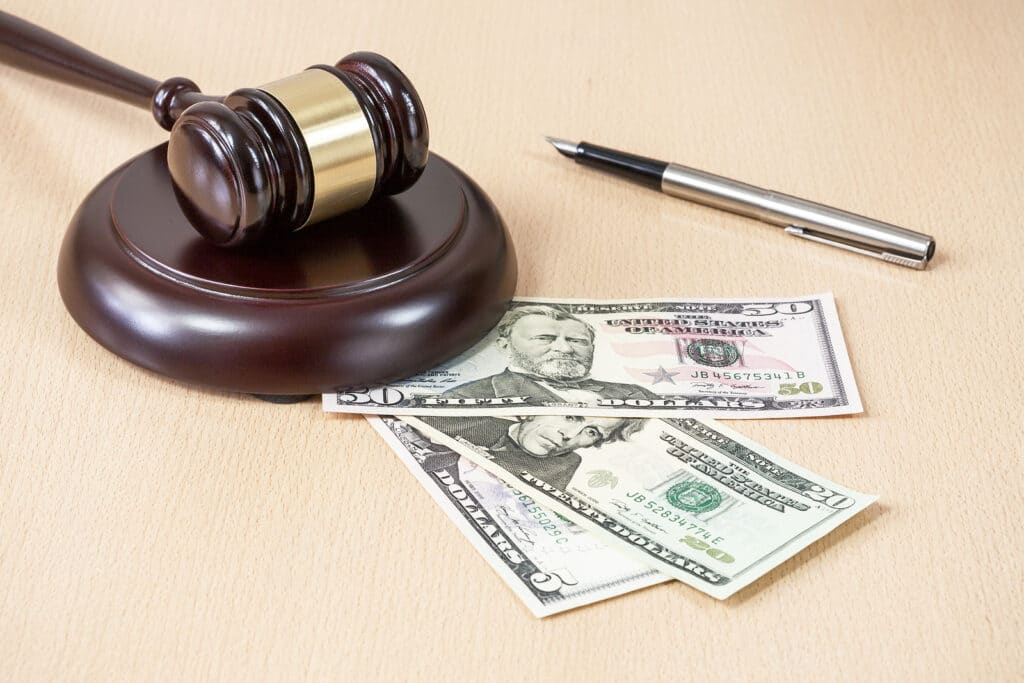When dividing your property in a divorce case, the first step is to determine what you own and how much those assets are worth. Some assets are easy to value, and some are much more complex. In a typical divorce, you can be looking at vehicles, houses or real estate property, investment accounts, or even a business that you own. Below are some ideas on how to determine the value of things, without hiring experts or taking excessive measures.
Vehicles:
If you are leasing your car, then you have no reason to be concerned with value. A vehicle lease is simply a monthly payment, and the only concern in a divorce is whose name is on the lease. However, if you own a car, you need to know its value to be considered in a divorce. A good source for looking up the value of your used car is Kelly Blue Book, found at www.kbb.com where you can put in the details and instantly get an estimated value. You will want to look at what is called “private party value” to get a sense of what the car is worth.
You will also want to know how much you owe on any car loans in your divorce case. If you own a classic car or race car, that requires a more unique approach.
House:
If you are at the beginning stages and just need a rough idea of the value of your house, there are several websites available to you as a resource for this information. You can go to www.Zillow.com, enter your street address and get a value for your house. How reliable this value is can be debated, but it’s a good start to tell you what the houses in your neighborhood are selling for. Another similar website is www.Trulia.com.
Again, you will need to look at how much you owe on your house including any home equity loans or second mortgages, to have a sense of what the equity may be in your house. The equity is calculated as the value minus the debt.
Investment accounts and savings accounts:
These are as simple as getting a copy of a current statement, but it’s important to remember to do this. On investment accounts you may also want to find out your tax basis and what unrealized losses or gains are associated with them.
Retirement accounts:
As far as a defined contribution plan, which could include 401(k), 403(b) or 457 plans, getting the current value is a good start. You need to also be aware if there are any loans against these accounts when considering their value. Any information you have as to the pre-marital balances of these accounts is also helpful.
A defined benefit plan, or pension plan, is not so easily evaluated, so you need to know whether you are vested, and your number of years of service to assist your divorce attorney in this process.
Personal property:
The value of the contents of your house does not normally come up in litigation, as it is typically just a question of fairly dividing things up. Any “value” assigned to items like furniture and furnishings is going to be garage sale value, which is not significant in most cases. If you own more unusual items such as antiques or coin collections or sports memorabilia, those items may need to be appraised by an expert, or you can look on Ebay or a similar site to check values.
The ultimate division of all of your assets will need to be negotiated or litigated. The more information you can provide your lawyer as to the value of those assets, the better outcome you will have.












